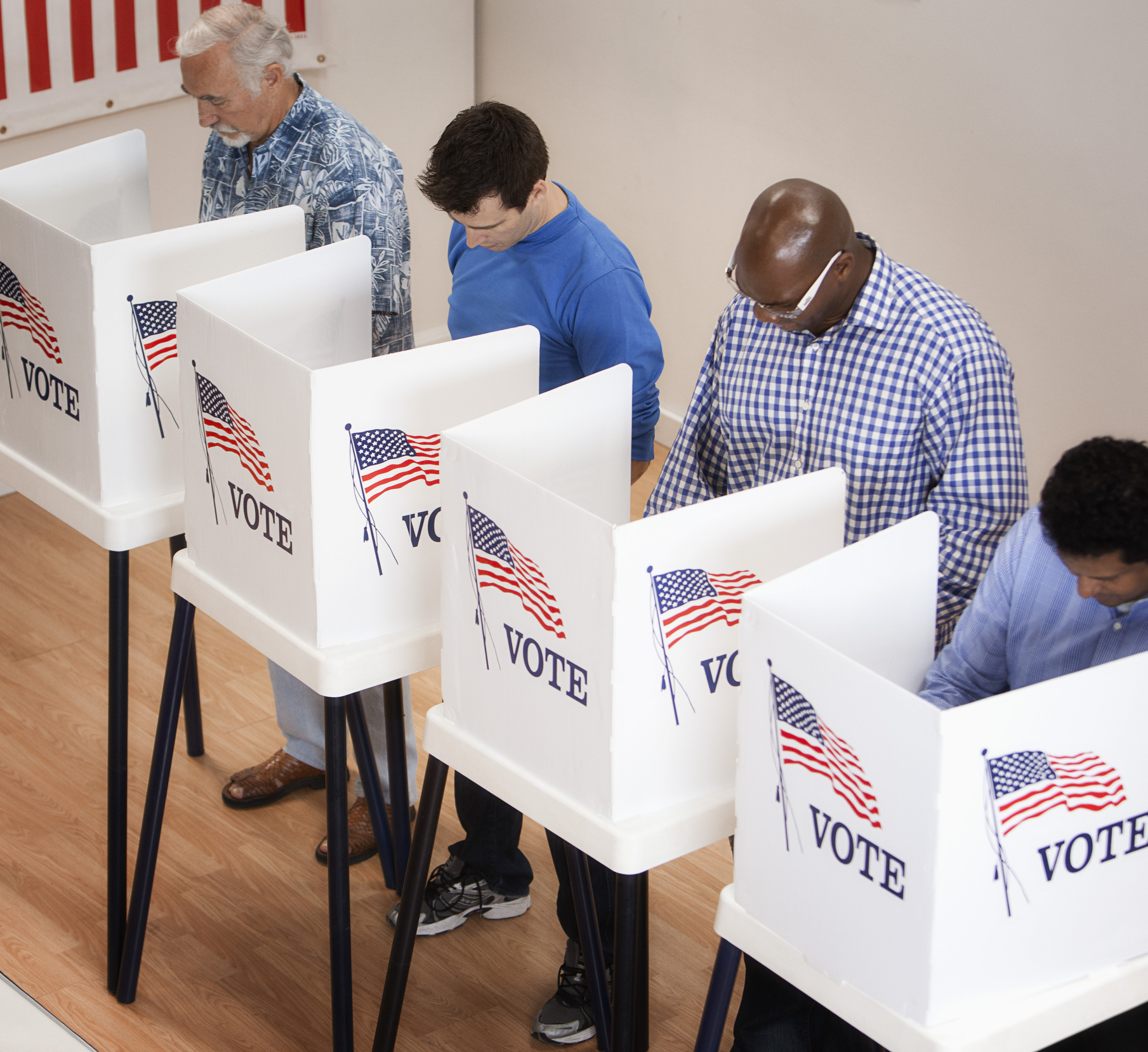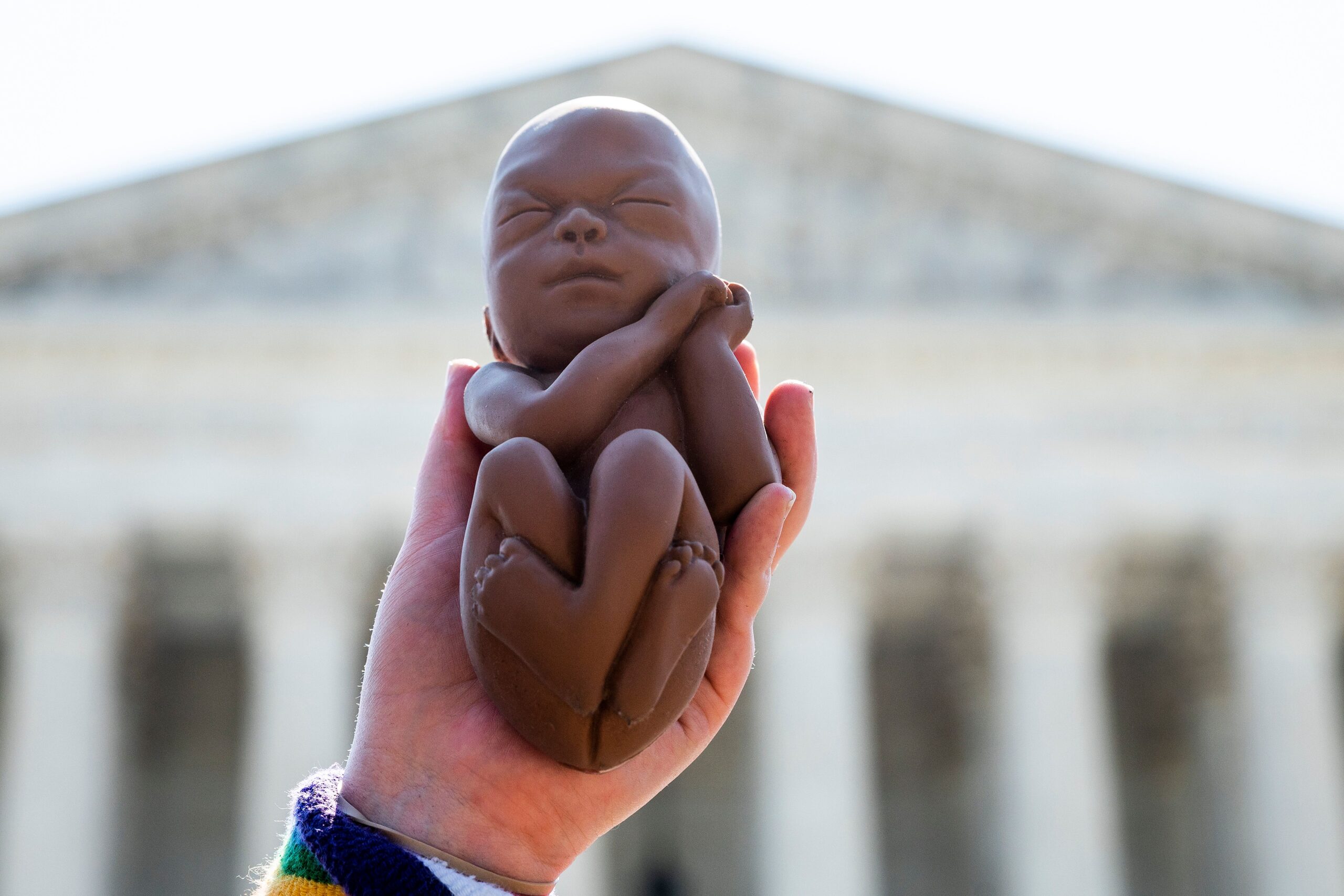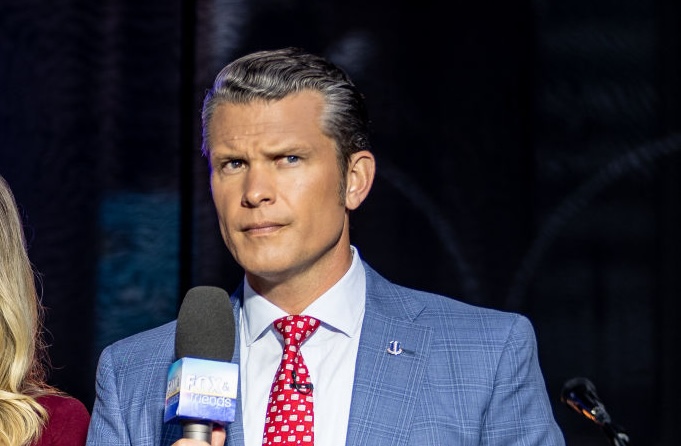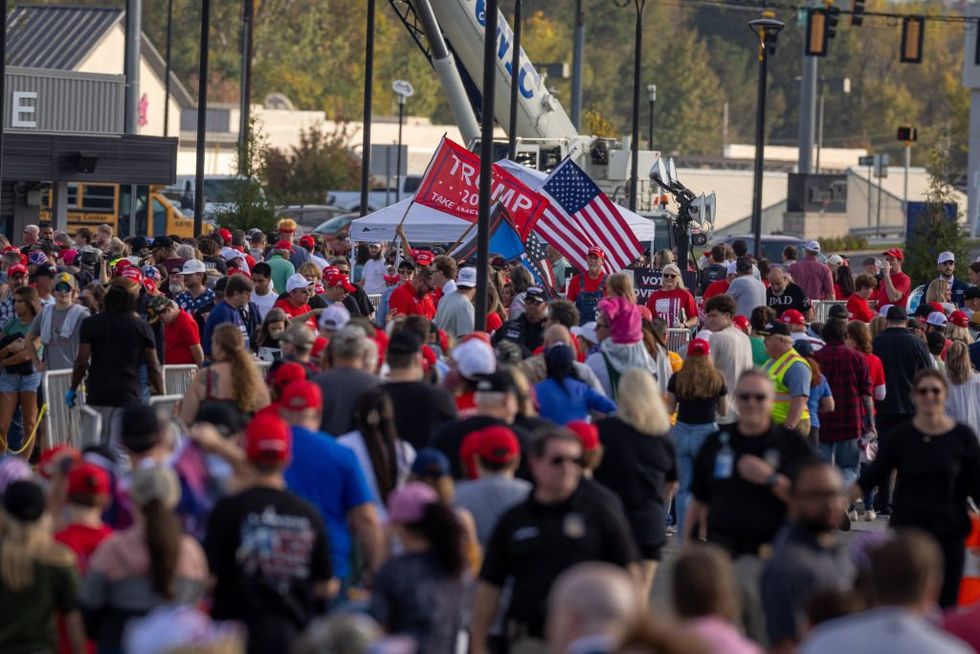How Male Voters Became The Central Focus Of The 2024 Election
As Kamala Harris gains traction with women on issues like abortion, there’s an increasing opportunity for a candidate to address the concerns of boys and men, which the Trump-Vance ticket would be wise to seize this chance ahead of the November election. While Trump is already favored by the majority of men in key swing ...

As Kamala Harris gains traction with women on issues like abortion, there’s an increasing opportunity for a candidate to address the concerns of boys and men, which the Trump-Vance ticket would be wise to seize this chance ahead of the November election. While Trump is already favored by the majority of men in key swing states like Pennsylvania, Michigan, and Wisconsin, this advantage is tempered by the fact that men, in recent elections, turn out to vote in lower numbers than women. To overcome this, Trump could galvanize a larger male voter turnout by proposing targeted policies and addressing the significant challenges boys and men face, which are often overlooked.
When it comes to higher education, long seen as a crucial path to upward mobility, men are now falling behind. The gender gap in undergraduate enrollment, which Title IX helped address in the past, has reversed. Today, it’s men who aren’t enrolling or graduating at the same rate. The national average for the freshman class of 2021 was 58% women and 42% men. Economic prospects for men are also quite alarming, with 7.2 million men of prime working age (24-58) having dropped out of the workforce entirely. Men also account for the overwhelming majority of victims from suicide and drug overdoses — two of the most important public health crises in the country. While many on the Left advocate for criminal justice reform, they often overlook the fact that these issues disproportionately affect men. In the U.S., men are twice as likely to be sentenced to prison after a conviction compared to women and receive sentences that are, on average, 63% longer for similar offenses.
There are countless areas where men are struggling, facing discrimination, and falling behind. The lack of attention to these issues shouldn’t be surprising in a culture where it is increasingly common and popular to denigrate men. We see it in the casual use of terms like mansplaining, small d*** energy, and toxic masculinity — a term that 85% of men believe is harmful to the development of boys. This issue isn’t just limited to language. For example, I recently saw a post on Instagram from a woman who is a practicing attorney, wearing a shirt that read, “I support a man’s right to shut the f*** up.” The post was met with praise in the comments section. While this may seem like a minor example, it’s emblematic of a culture that accepts — and even celebrates — the degradation of boys and men. In such an environment, it’s no surprise that our political leaders do not advocate for the issues men face. However, this presents a real opportunity for a candidate willing to step up.
With the 2024 election less than a month out, both parties are fighting for every possible vote. A candidate who speaks to issues disproportionately affecting boys and men could energize a significant demographic to turn out and sway the election. Even a small shift on the margins could have major consequences. Since 1980, women have consistently turned out to vote in higher numbers than men. In the 2020 presidential election, 63% of registered female voters turned out compared to 59.5% of men. This doesn’t mean that women don’t care about men’s issues or vice versa, but it’s reasonable to assume that voters will be most motivated by issues that resonate personally.
Critics may point out that men make up approximately 72% of the U.S. Congress and 90% of Fortune 500 company CEOs, reasonably asking, “How are men not doing fine when they dominate the upper echelons of power?” I would counter this by asking: What provides a more accurate representation of the state of men in American society? Is it the roughly 850 men who are thriving, or the seven million men who have dropped out of the workforce, the 15% who report having no close friends, or the tens of thousands who died by suicide or drug overdose in the past year? These issues often go unaddressed because leaders don’t see an advantage in advocating for men, who aren’t typically viewed as a voting bloc.
This can change, if Trump, or Harris for that matter, were to directly speak to the broader issues facing boys and men. The urgency to do so goes beyond winning votes, it’s about uplifting an entire demographic and transforming the national conversation on this critical issue.
* * *
Daniel Corcoran is a contributor to Young Voices and the host of the podcast Overcoming the Divide, which focuses on bridging political divides through conversation, civil discourse, and diverse perspectives. He also led and participated in Men of Tomorrow, a roundtable discussion aimed at raising awareness of the issues boys and men face. Corcoran holds a BA in International Politics from Penn State University.
The views expressed in this piece are the views of the author and do not necessarily represent those of The Daily Wire.
Originally Published at Daily Wire, World Net Daily, or The Blaze
What's Your Reaction?

































































































